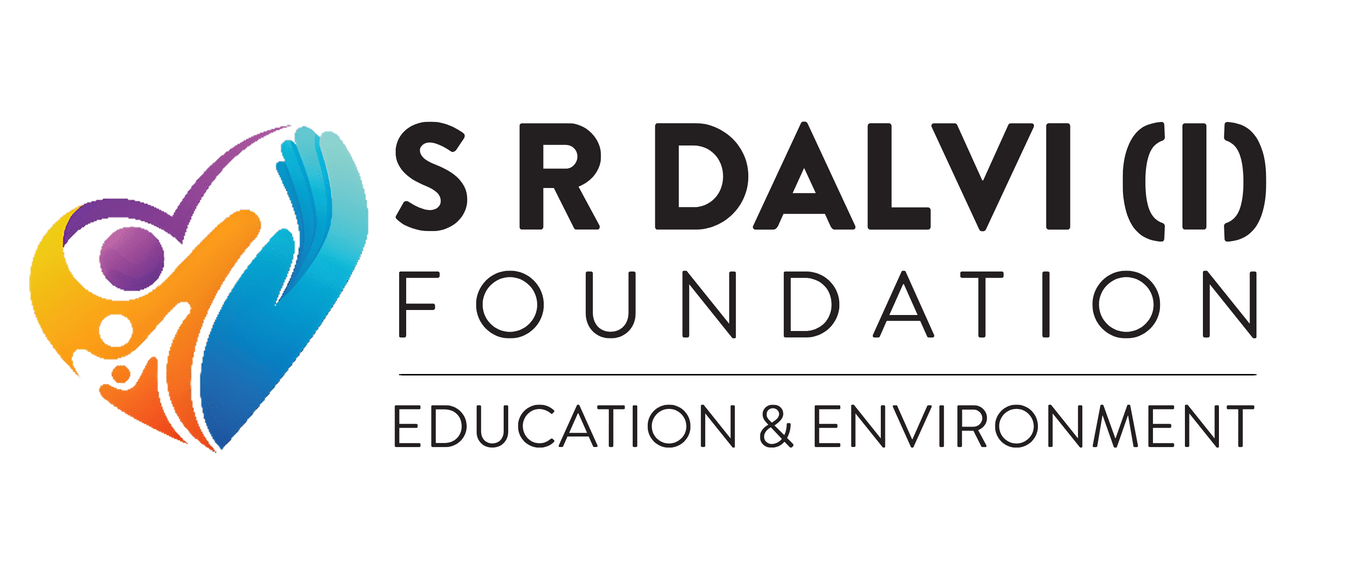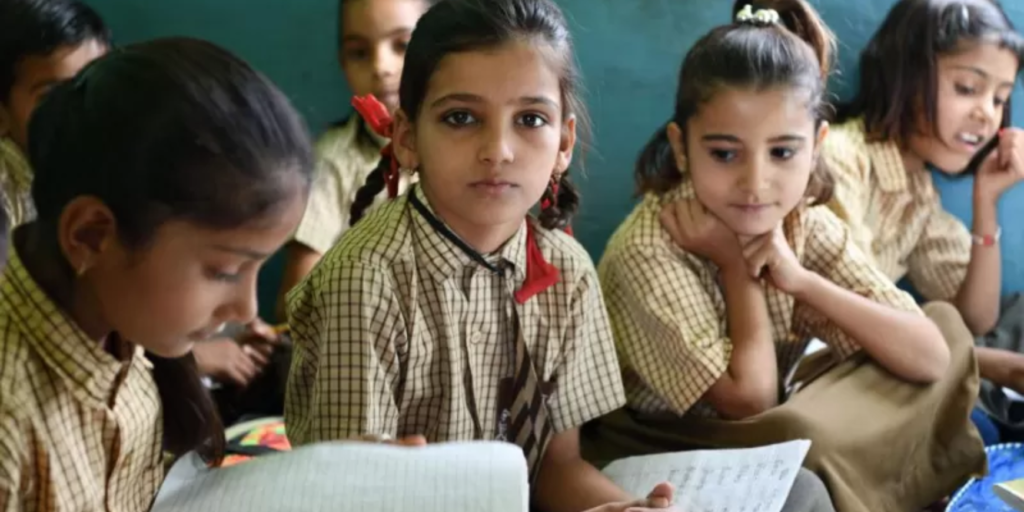The National Education Policy will be implemented in Maharashtra in the coming academic year.
School Education Minister Deepak Kesarkar has informed that there will be changes in school education according to the new education policy.
What changes can be made in the school education system and curriculum from the month of June? Let’s find out,
After 34 years, the National Education Policy of the country has been prepared. Many major changes have been suggested in this policy and the policy has been approved by the central government.
Minister Deepak Kesarkar has clarified that the policy will be followed in a phased manner from the month of June in Maharashtra.
What exactly will change?
According to the new education policy, the complete pattern of school education will be changed and four stages of school education have been decided. Also, it has been suggested in the policy to give priority to education in the mother tongue till class 5.
Moreover, students from class VI will have the option of vacationing courses.
Deepak Kesarkar said a few days ago, “We are implementing the new policy from June. Also, now engineering and medical education will be given in Marathi. This is a relief for Marathi school students.”
But Deepak Kesarkar also explained that the complete policy cannot be implemented at once but the policy will be implemented in phases as per the plan. A government decision has been issued by the department to make changes in higher education. But the school education department has not yet issued any government decision regarding the implementation.
School Education Minister Deepak Kesarkar has also assured that the new education policy is student-centric and while implementing this policy, the overall development of students will be considered and plans will be made accordingly.
An education conference will be held in Lonavala for the preparation of education policy. On this occasion, various officials of the education department will present their plans regarding the implementation of the policy.
An education conference will be held in Lonavala for the preparation of education policy. On this occasion, various officials of the education department will present their plans regarding the implementation of the policy.
What are the four stages of schooling?
Until now, according to the traditional education system in the country, three years of education followed by 1st to 10th, 11th and 12th, which we used to call 10+2+3.
But henceforth as per the new policy, there will be four stages of school education. Pre-primary education has also been included in the government education system for the first time.
Stage I – Three years of pre-primary education + Class I to II
Second Stage – Class III to V
Third stage – 6th to 8th
Fourth stage – ninth to twelfth
That is, according to the new educational policy, school education will now be in the form of 5+3+3+4. According to this stage, there is a possibility of some changes in the school curriculum and education system.
For the first time in the education system, the curriculum for pre-primary school is going to be decided. The curriculum will be applicable to all pre-primary schools in the country. NCERT will decide on the syllabus.
There will be more emphasis on students being able to read by class three. Number and letter recognition will henceforth be considered basic education.
Will the 10th and 12th board exams be canceled?
There is no separate mention in the new policy that there will be 10th and 12th board exams. It is also being said that there will be no more board exams due to this. But no such official announcement has been made by the education department.
Since 9th to 12th is a phase of integrated education, will the examinations of these four classes be uniform? It is not clear that the education department has taken any decision in this regard yet. But since the examination will be held in the pattern of 9th to 12th semesters, if the semesters are held every six months in 10th and 12th standard, there will be two-semester exams in a year and there is still no clarity about whether the importance of both the exams will be equal.
An alternative to mother tongue education from class V?
According to the education policy, it is suggested to provide the option of education in the mother tongue right from school education to higher education.
Last month, Union Education Minister Dharmendra Pradhan, speaking on the National Education Policy, said, “The government will provide books in 22 local languages to students till class V. In the education policy, we have given priority to mother tongue education.”
“We are using technology to prepare textbooks, and study material up to class 5 in 22 Indian languages.” He also said that.
In fact, in the education policy, it has been said that ‘wherever possible’, education should be given in the mother tongue. Although it does not mention compulsion, it is indicated that children will get the option of education through mother tongue.
Another important factor is that students of different mother tongues study in English schools. Also, in many schools, they are forced to learn and speak English. Due to this, it is still unclear how or how it will be implemented in such schools.
Emphasis on multi-purpose education? But the important thing is that students of different mother tongues study in English schools. Also, in many schools, they are forced to learn and speak English. Due to this, it is still unclear how or how it will be implemented in such schools.
At present, a committee has been constituted for the implementation of this policy under the chairmanship of the Secretary of the School Education Department. Also, education department officials are planning to implement the policy in schools in a phased manner.
Officials of the education department said that efforts will also be made to provide skills training in various subjects like scout girl, NCC, acting, dance, photography, social work, language, and professional training at the school level.

